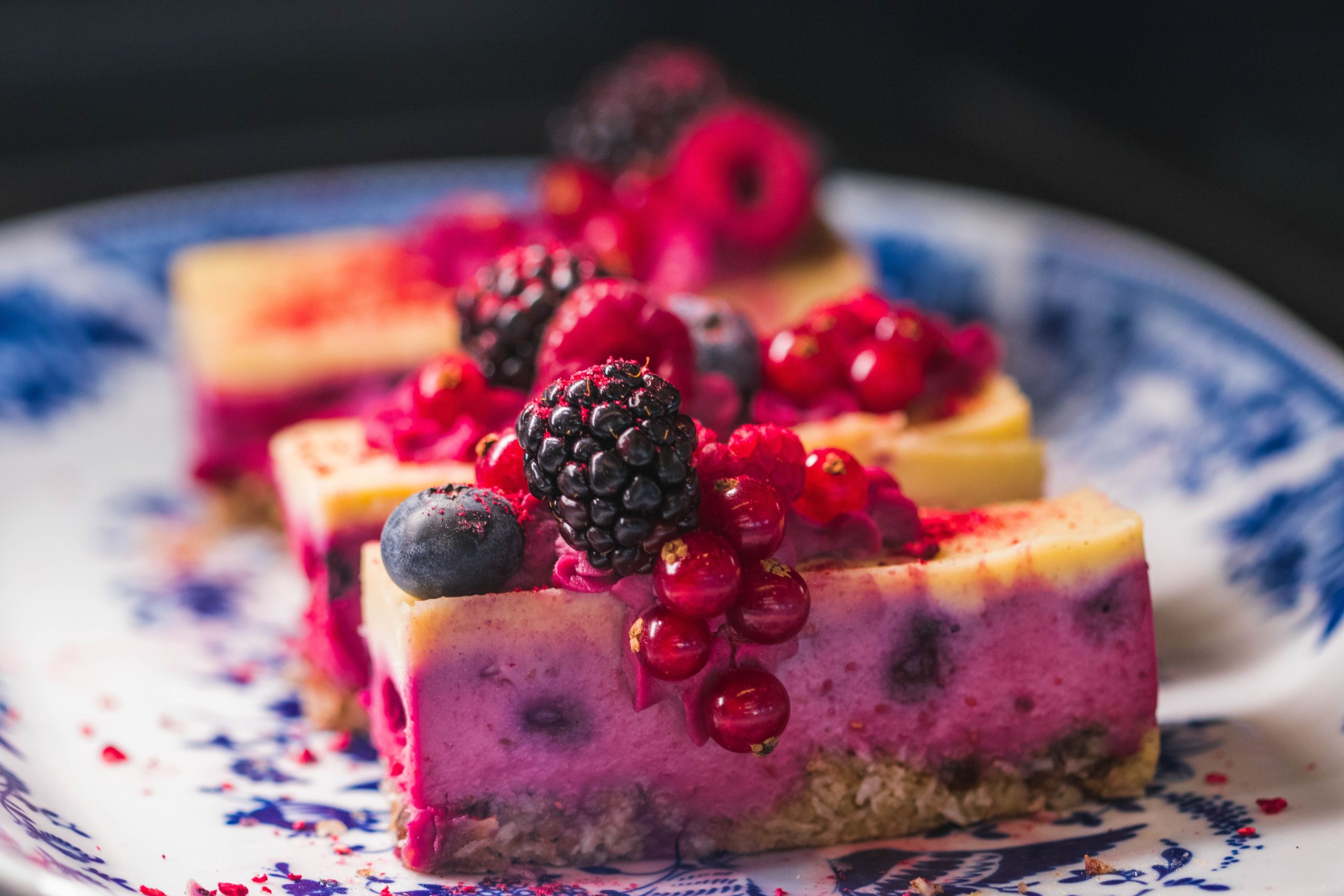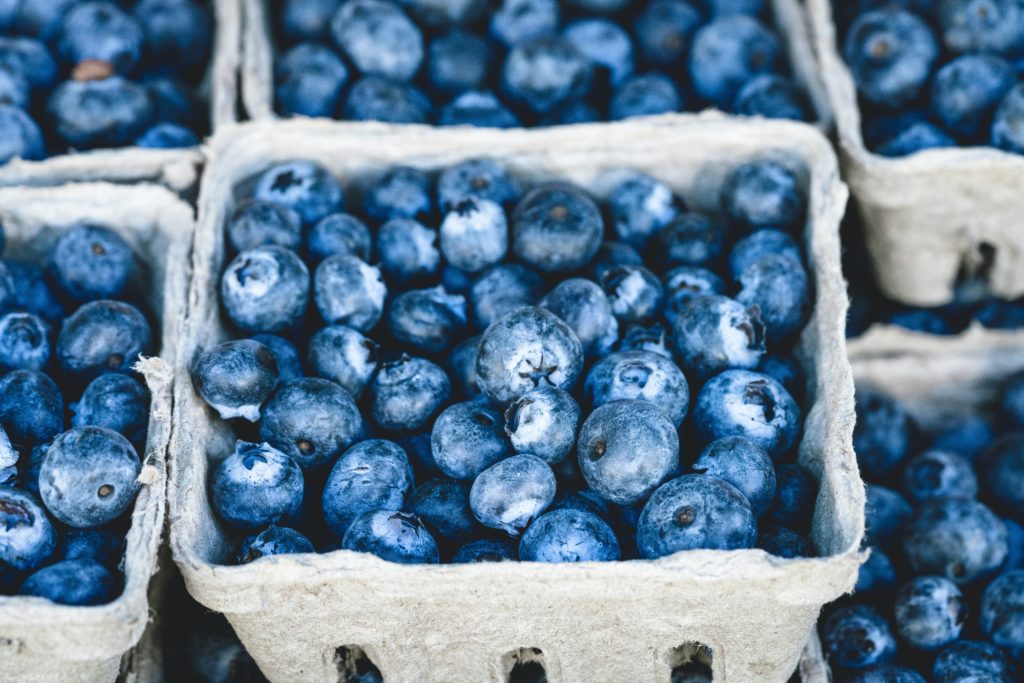Juniper Berries are seed cones produced by various juniper trees, not actual berries. Juni er trees belong to the Cypress family of coniferous evergreens. Juni Pyrus communis (Common Juniper), Juniperus deppeana (Alligator Juniper), and Juniperus California are among the juniper species that yield safe and tasty juniper berries (California Juniper). For example, Juni eras Sabina (Savin Juniper) produces highly toxic juniper berries that should not be swallowed. Alwa s do your homework before eating anything! Both fresh and dried fruit can be used.
Make your next batch of roasted potatoes with juniper berries. Preh the oven to 350 degrees Fahrenheit (177 C.). Place the juniper berries, olive oil, and baking pan in the preheated oven for a few minutes to warm the berries and release their essential oils. Remo e the baking pan from the oven and mix the young potatoes (red, yellow, purple, or all three) with some fresh smashed garlic cloves into the infused olive oil.
What can Juniper Berries be Used for?
The juniper tree’s spicy, dark aromatic berries can be used fresh or dried, crushed or whole, to flavor casseroles, marinades, and stuffings, and pair well with the pig, rabbit, venison, beef, and duck. They’re also good in sweet foods like fruitcakes. Gin’s principal flavoring is derived from juniper berries. Dried juniper berries can make a tasty and nutritious herbal tea.
Some people apply juniper directly to the skin for sores and pain in joints and muscles. Juni er essential oil is used to cure bronchitis and reduce pain by inhaling it. The juniper berry is commonly used as a condiment and flavoring ingredient in gin and bitter products in the food industry.
Foraging Techniques
Juniper berries mature for two to three years. When the tree has a significant number of ripe, mature blueberries, they are ready to pluck. They aren’t nearly ready if they are still green or have a bitter taste. In t e fall and winter, you’ll find more trees that are ready to pluck. To c collect the berries, pluck them with your fingers or shake the tree (ripe berries fall from the tree more quickly and are another great way to test that they are ready).
Flavor + Using Juniper Berries
Juniper berries are most recognized as a flavoring agent in gin, and it’s also used as a pickling spice. It’s a lot of fun to cook with juniper berries! They have a subtle, slightly sweet, evergreen-like flavor that is difficult to pin down precisely. Simply put, they’re one-of-a-kind.
Properties and Benefits
Juniper berries have numerous culinary, spiritual, and medical use. Some of these are:
- Antifungal and antibacterial activities are vital.
- Supporting urinary tract health while also functioning as a potent diuretic.
- Vitamin C, antioxidants, and anti-inflammatory properties are all advantages.
- It’s a terrific source of natural yeast, ideal for fermenting recipes.
- Incense, essential oils, and smudge sticks are all used for aromatherapy. Juni er is thought to be cleansing and purifying in many cultures.
1. Red Cabbage Soup
Beautiful, creamy red cabbage soup with various nutritional ingredients, ideal for a weekday meal or entertaining guests.
This red cabbage soup is unbelievably delicious! It t tastes as delicious as it looks! I mu t admit that the deep purple color is one of my favorites. Not o mention my kid, who was overjoyed at the prospect of eating such a deep purple soup. Soup is my favorite dish to prepare; make it at least twice a week. Soup is comforting, healthful, nutritional, and full, whether served for lunch or dinner.
2. Four Thieves Vinegar
A Health and Home Tonic Four Thieves Vinegar is an old-fashioned combination of vinegar, herbs, and spices with many uses and benefits.
This simple mixture of vinegar, herbs, spices, and garlic kept four thieves healthy during the 17th-century epidemic in Marseilles, France.
My Four Thieves Vinegar is cleansing, immune-boosting, and antimicrobial.
3. Wild Yeast Starter with Juniper Berries
Pascal suggests utilizing juniper berries, elderberries, wild grapes, blueberries, and figs. Oreg n grape berries, I’m guessing, would also work. I chose juniper berries because I knew where they could be found, and elderberries aren’t in season yet.
After you’ve gathered your wild fruit, make a sugar solution by combining 14 sugar and 34 water in a clean jar and adding the berries or fruit to it. This looks a lot like the streak (fermented juniper berry drink) I made when I first started talking about foraging for juniper berries. That did not turn out well, as it immediately developed an odd flavor.
4. City s Punch
This citrus punch starts and ends with a strong infusion of spices and herbs, a touch of honey, citrus juices, and both the orange-flavored liqueur and sparkling white wine. Gin’s main flavor is juniper, a bitter cypress spice that improves digestion and is strong in antioxidants.
5. Juniper Berry Infused Gin
I persuaded my husband, Scott, to go me Juniper Berry picking a few weeks ago on our way home from church. We had seen the juniper bushes a few days before on our way to our friends Greg and Kathy’s place. Info ed gin is frequently advocated using green juniper berries. Some recipes, however, call for ripe purple juniper berries.
Is It Safe To Eat Juniper Berries?
Juniper berries are, in fact, edible. If you drink alcoholic beverages, you may have already tasted them without even realizing it. The flavor of a gin martini comes from juniper berries. Although gin has been a popular intoxicant in western culture for over 300 years, juniper berries have been used medicinally since the 16th century.
Is It Necessary To Crush Juniper Berries?
Buy whole berries and ground them yourself for the greatest flavor. Because juniper, like most spices, loses its strength fast after ground, just grind as much as you need for a given recipe. Whole berries can be stored for up to two years in a properly sealed container. The primary fragrant component in gin is juniper berries, which come from the coniferous juniper tree. Buy whole berries and ground them yourself for the greatest flavor. Because juniper, like most spices, loses its strength fast after ground.
Conclusion
Juniper berry recipes include adding a unique flavor to homemade sauerkraut or making a tincture to add a floral, pine-like scent to alcoholic and non-alcoholic drinks. It goes well with mulled wines and rhubarb and juniper berry preserves and is used to season strong-flavored meats like pheasant and deer.

